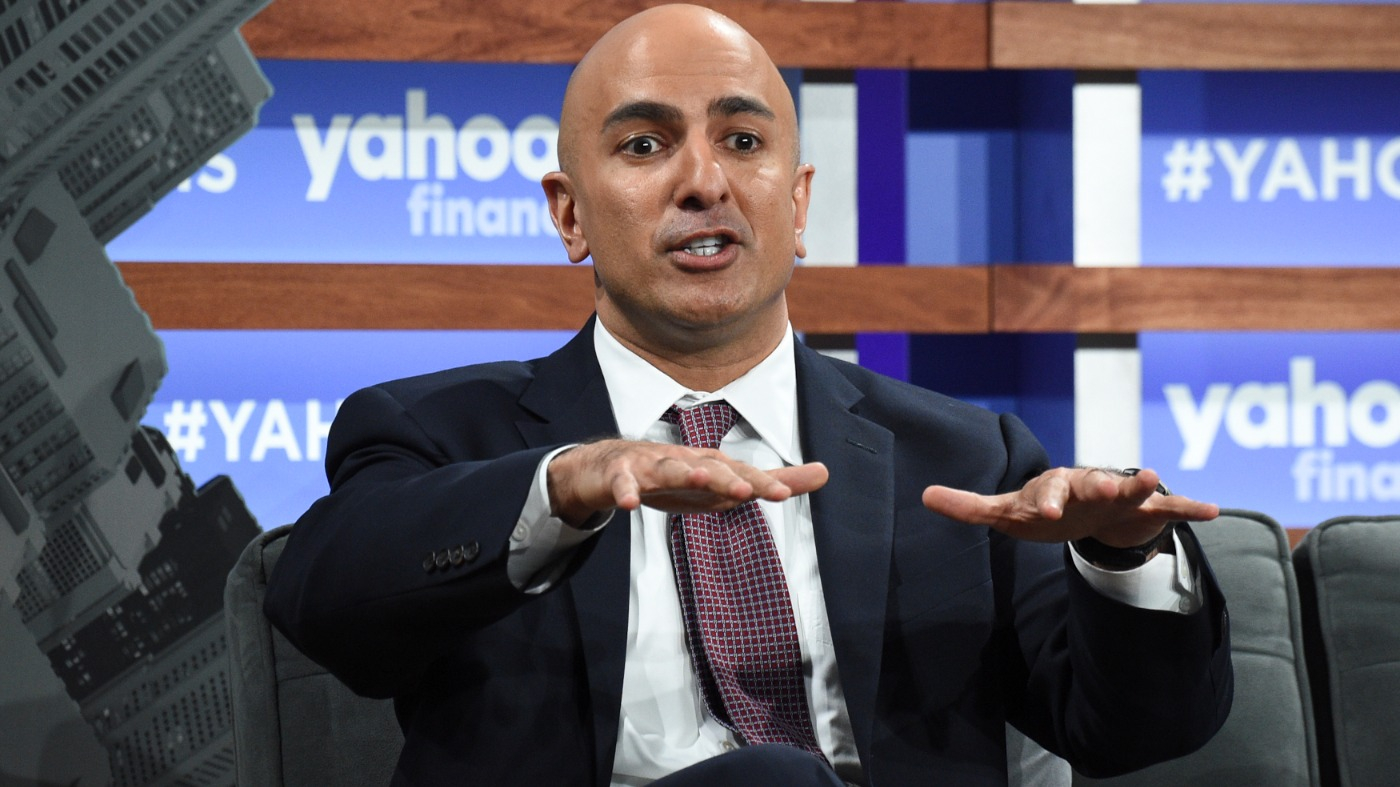Federal Reserve Bank of Minneapolis President Neel Kashkari has suggested that a stronger U.S. economy and increased productivity growth might prompt the Fed to cut interest rates less aggressively than previously anticipated.
In his first public comments following this week’s rate reduction, Kashkari indicated it remains too early to assess whether policies from the Trump administration and Congress will influence inflation and, consequently, the Fed’s rate-cutting trajectory. The central bank, he said, will need to observe which policies materialize before factoring them into economic assessments.
“It’s really going to depend not so much on near-term plans between Congress and the new administration — it really is about productivity and economic growth,” Kashkari stated in a Fox News interview on Saturday. “If that is sustained and we are in a structurally more productive economy going forward, then that tells me we probably wouldn’t end up cutting quite as far.”
The Fed cut its benchmark lending rate by a quarter percentage point on Thursday, setting it within a range of 4.5% to 4.75%, marking the second consecutive rate reduction. The Fed first cut rates in September, with forecasts indicating further quarter-point cuts likely at the November and December meetings. However, market expectations for additional cuts have moderated.
The potential for a pause in rate cuts reflects a complex mix of economic and political dynamics. The economy has maintained strong growth, inflation has edged up, and while the labor market is cooling, it remains resilient. Policies under the re-elected Trump administration could introduce new inflationary pressures.
U.S. productivity, which gauges output per worker, has increased in recent years — a factor that can help curb inflation and is critical to sustainable economic growth.
Earlier this week, Fed Chair Jerome Powell affirmed his intention to remain in his role, signaling his commitment to preserving the Fed’s independence. Kashkari echoed this confidence, noting that the structure of the Fed, with its independently appointed reserve bank presidents and board governors, supports its autonomy.
“We’re going to continue to focus on our economic mandate,” Kashkari said, adding that he believes there is bipartisan support for the Fed’s role in managing inflation and maintaining a strong labor market.





